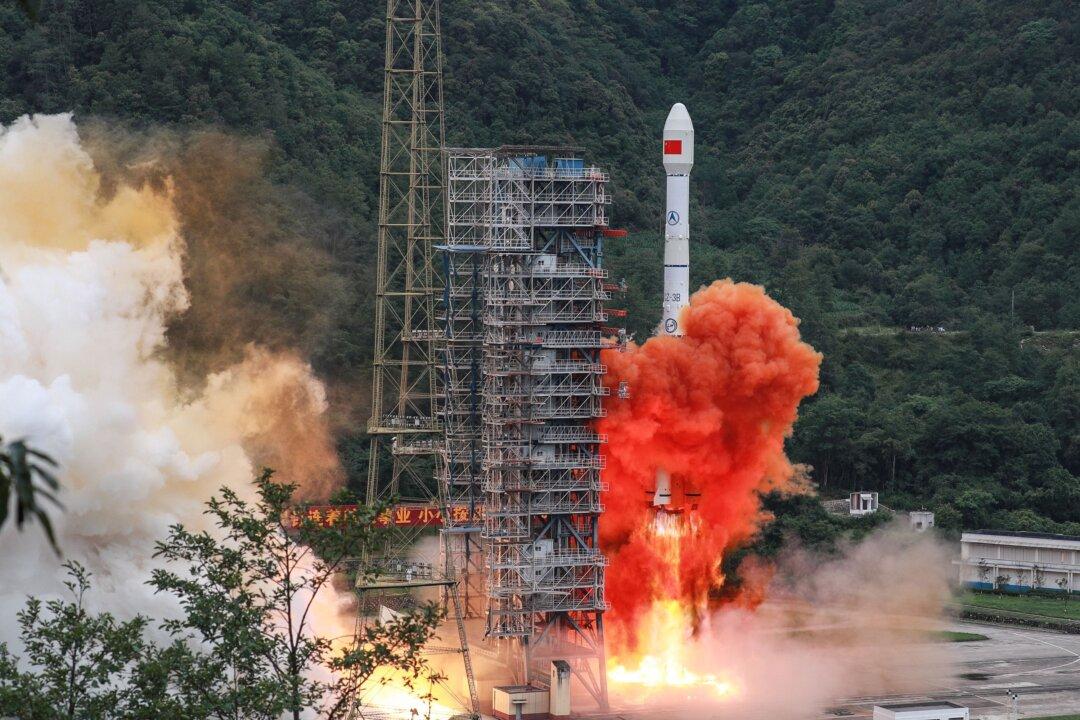A Chinese university dispatched researchers to study at Northern Illinois University to gain knowledge that can help develop China’s satellite navigation system, according to leaked documents recently obtained by The Epoch Times.
This year, the Chinese regime completed its rollout of the BeiDou Satellite Navigation System (BDS) in a challenge to the United States’ Global Positioning System (GPS). While the BeiDou system has both civilian and military applications, Beijing developed it primarily for military purposes.





